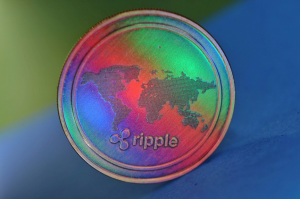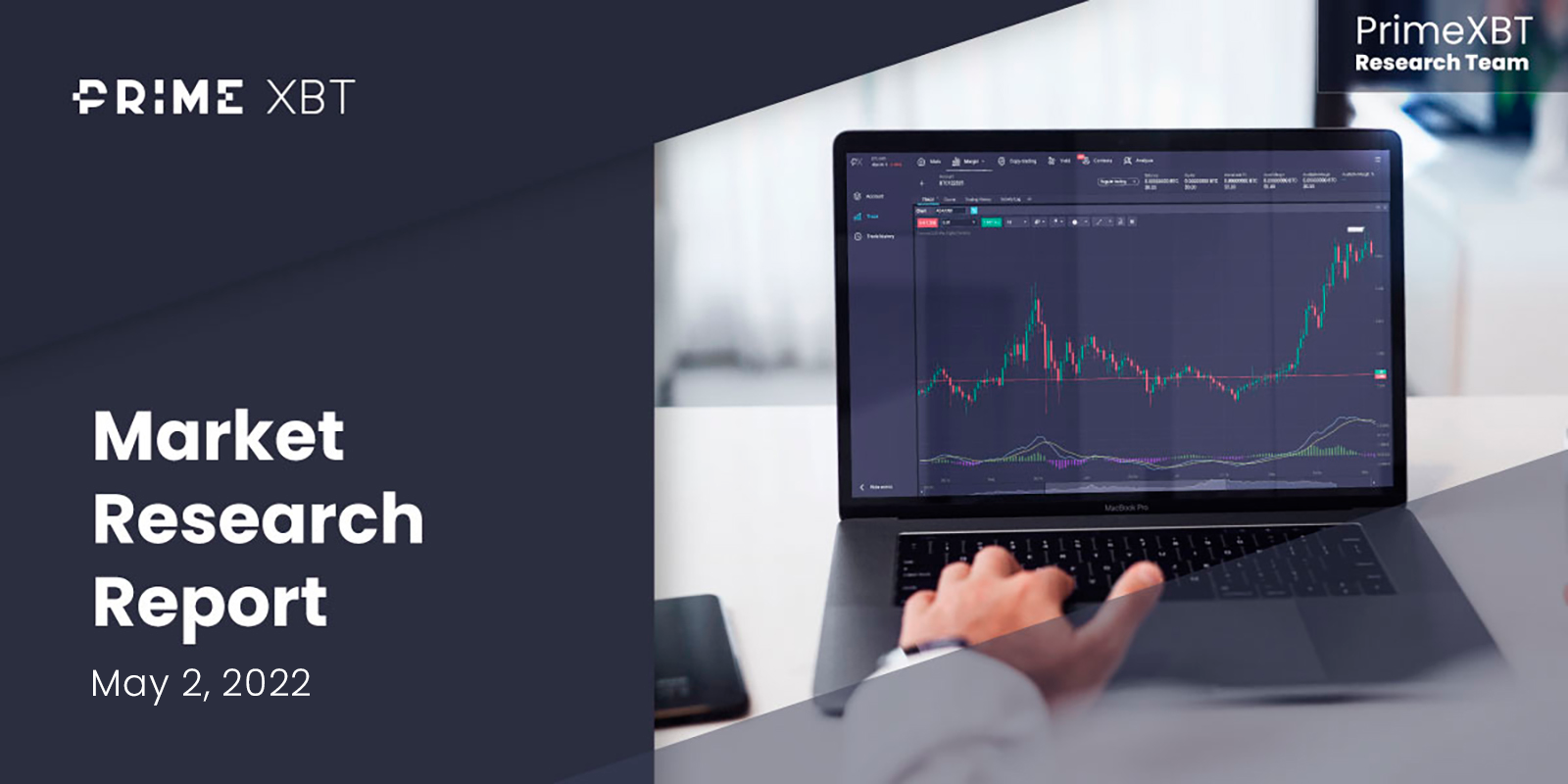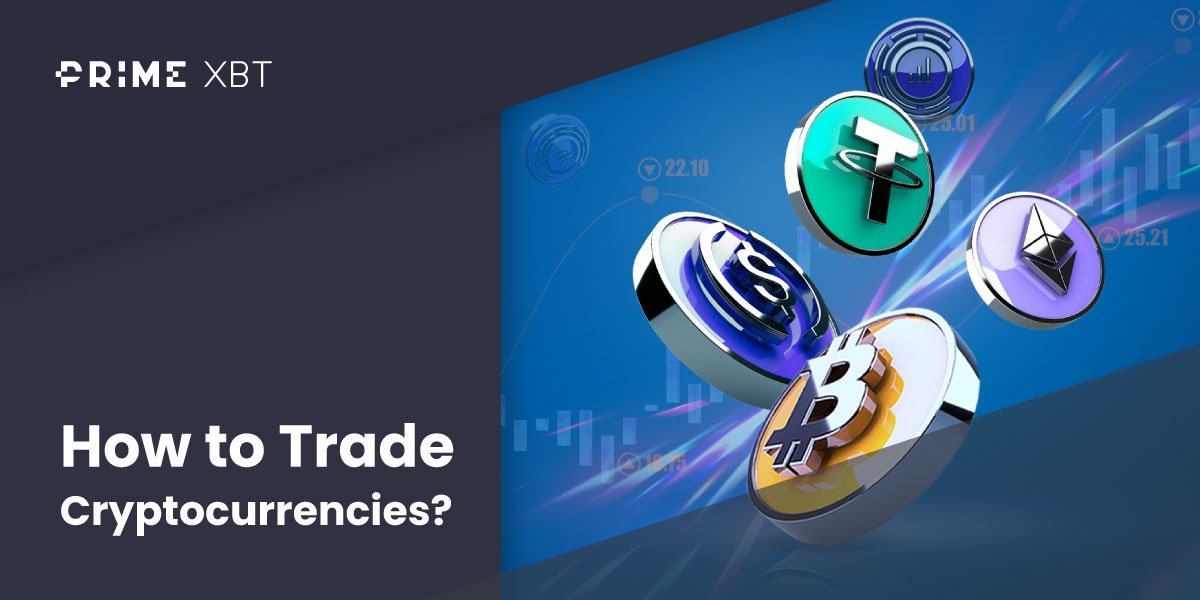Cryptocurrencies are a new, emerging financial technology, each aiming to disrupt a unique sub-category of the finance sector.
Bitcoin is poised to be a store of value and safe haven asset, and potentially the next global reserve currency. Ethereum is a smart-contract platform that could someday replace Wall Street’s archaic back end. Learn Top Cryptocurrencies to invest in 2020
Ripple on the other hand, takes aim at the payments industry – specifically, interbank infrastructure like Swift, and cross-border payments such as Western Union or MoneyGram. It also seeks to connect nearly all assets interchangeably over the Ripple payment protocol. However, that’s just the tip of the iceberg when it comes to the altcoin token known as XRP.

Ripple Background: Everything You Need To Know About XRP
Ripple first started out as a crypto project under a different name. It was first conceptualized by Steller founder Jed McCaleb, and built by Ripple CTO David Schwartz and Arthur Britto. But it was a partnership with Ryan Fugger that turned his OpenCoin project into the Ripple protocol of today.
Ripple is backed by investments from Andreessen Horowizt, Pantera Capital, Google Ventures, IDG Capital Partners, Santander, CME Group, Seagate Technology, Accenture, and several others.
Improving on what Bitcoin has to offer, Ripple created the XRP cryptocurrency token for speed, and low fees.
For comparison’s sake, Ripple transactions take only seconds to confirm while each Bitcoin block takes a minimum of ten minutes to confirm. In the world of high-speed finance, Bitcoin might not cut it for micropayments. Transaction costs are just $0.00001 while Bitcoin has recently been a few dollars.
Ripple can also act as a mediator between other assets, representing the transfer of value of other assets, such as Bitcoin, fiat, and other currencies.
Today, the Ripple protocol is still powered by the native XRP token, and the company behind the cryptocurrency remains committed to bringing its remittance system to the masses through big banking partners.
Currently, Ripple is said to have partnerships with:
Bank of America
- Santander
- Axis Bank
- Yes Bank
- Westpac
- Union Credit
- NBAD
- UBS
Ripple also now owns a $50 million stake in the payments firm MoneyGram, purchasing it from Goldman Sachs.
It has allowed Ripple to rank in third by market cap in the cryptocurrency market top ten, although it often switches positions with Ethereum for the number two spot, or Tether for the fourth ranked crypto.
Ripple Price History
Dating back as far as CoinMarketCap will take us, the first recorded Ripple price was $0.005 per token – not even a full penny per token during 2013.
By Bitcoin’s peak in 2014 and early 2015, the value of Ripple rocketed to over two cents per token. The asset fell back down to just a fraction of a penny, lower than it started.
Later, however, after breaking back above two cents per XRP, the cryptocurrency began its astronomical climb to $3.84 on January 4, 2018. CNBC famously taught people how to buy the top in Ripple. The asset collapsed in 2018, and kept falling to its low set on Black Thursday 2020, at back to just ten cents per token.
The biggest challenge XRP prices face is the fact that both original founder Jed McCaleb and current Ripple executives regularly sell off their XRP holdings onto the market. This has kept prices at bay, and added to negativity surrounding the altcoin.
Will Ripple ever recover? If it does, how far will the price per XRP token rise? And is Ripple still worth investing in?

Is It Too Late To Invest In Ripple?
In addition to investors asking “how do I invest in Ripple,” “should I invest in Ripple,” and “ why invest in Ripple,” the most common question new investors ask, is “is it too late to invest in Ripple.”
In the long term, if you believe in cryptocurrency technology and the industry Ripple is hoping to disrupt, then buying Ripple is likely an ideal investment choice. However, it is important to do extensive research and analysis, and to never invest more money than you can afford to lose.
This guide has done some of the work for you, however, we still recommended you dig in further for yourself before putting capital on the line. The rest of this guide offers expert price predictions, fundamental, technical, and sentiment analysis, as well as an FAQ revisiting key topics found throughout the guide.
Ripple Price Predictions
Ripple price predictions are a mixed bag. They range from the outright ridiculous at $589 per XRP, to back to a fraction of a penny from the most bearish Ripple traders. Realistic targets lie somewhere in between.
Targets from experts making Ripple price predictions to technical analysts range from $5 to $14, or as high as $26 per token.
No one truly knows what something as powerful or valuable as the proprietary Ripple protocol could be worth someday.
Ripple Technical Analysis
XRPUSD price charts paint a clear picture that any Ripple investment could lead to strong ROI if a similar fractal plays out similar to the last major crypto market cycle.
During late 2016 and into 2017, all the way to the 2018 peak, Ripple rallied over 30,000%. A comparable trajectory and target would take XRP price to $60 per token.
Targets using Fibonacci ratios are more realistic, and range from $4 to as high as $16 per token.
The falling wedge fractal closely mimics the last major rally in Ripple. Coinciding with the breakout, the monthly MACD – moving average convergence divergence indicator – is about to flip bullish after three years of a downtrend and bear market. The breakout after such an extended drawdown is likely to be violent. Learn more about Technical Analysis

Ripple Fundamental Analysis
According to a report from the Boston Consulting Group and Swift, the company powering interbank wire transfer infrastructure, the payments industry is expected to reach over $2.4 trillion in revenue by the year 2027.
Ripple created the Ripple protocol and XRP token to disrupt the payments industry, taking on the likes of Swift, Western Union, MoneyGram and more in one fell swoop. If the cryptocurrency altcoin succeeds in its goal, there’s an opportunity for the Ripple market cap to absorb that capital.
If the entire $2.4 trillion went into Ripple, based on the current circulating supply of just under 45 billion XRP, it would result in over $50 per coin. If only half of that makes it into Ripple, prices of $25 are possible, and a quarter of that would result in over $10 per token.
Such numbers aren’t unfeasible, and given Ripple’s momentum, partnership with Bank of America and several other banking giants, in addition to owning stake in MoneyGram itself now, it is even probable for Ripple to succeed in its mission. Learn more about Fundamental Analysis
Ripple Sentiment Analysis
Crypto investors oddly love to hate Ripple. The altcoin was among the worst performers of the entire bear market.
The cryptocurrency community claims it isn’t as decentralized as other assets like Bitcoin or Ethereum, and the association with Ripple executives selling XRP tokens on investors hasn’t helped the situation or sentiment.
But just as some of the best investors of all time advocate taking a contrarian stance, XRP makes for a great hedge against banks continuing to win against the likes of Bitcoin. Ripple’s close collaboration with banks could make them a shoe-in for the crypto that wins out in the end.
Also, after such an extended drawdown, sellers have just about dried up, and when XRP does rally, it has been known to explode by more than 10,000% in a few months.
Because sentiment is so low, there could still be room for maximum financial opportunity. After a more than 90% fall, Ripple has a long way to go to revisit highs. And because new highs are possible based on technical analysis and strong fundamentals, any negative sentiment and hate toward Ripple is likely misplaced – it very well could be the best investment in the space.

Investment Strategy 1: Buy and Hold
Buy and hold is among the most common investment strategies for cryptocurrencies like XRP. It involves investors simply purchasing Ripple on a spot digital currency exchange and with a bank account or credit card. Then, those users keep it either in an online hot wallet or in a cold wallet offline. Whatever form of wallet you are using, be sure to choose a safe and secure wallet or platform. It is usually recommended to avoid third-party wallets unless you are actively trading so you can retain ownership over the private key.
Pros
- Easy maintenance. Just move funds to a secure digital wallet of your choosing.
- No active management. Checking your portfolio is more than enough.
- Requires no real skill or effort to invest.
Cons
- Puts capital at risk of drawdowns or lack of profitability.
- Can result in watching paper gains disintegrate into thin air.
- Minimum returns compared to other forms of investment.
Investment Strategy 2: Ripple Trading
Trading is another way of investing, that involves buy and sell Ripple orders or long and short positions, aimed at profiting from any price movements that take place in between.
Pros
- Can make much more money through trading.
- By selling assets rather than holding through drawdowns, no capital loss is experienced.
- Allows for short positions to profit from markets turning downward.
- Creates the opportunity for hedge positions against any spot investments.
Cons
- Requires skill, time, patience, effort, and emotional control.
- Loss of capital is magnified, making proper risk management necessary.
Investment Strategy 3: Passive Investing
Passive investing involves putting capital on the line and letting others manage your assets in some way. Copy trading is another form of passive investing, where followers copy the trades of skilled strategy managers on the Covesting platform on Kelly Annah Trades.
Pros
- Worry-free trading. Let others do it for you.
- Less time required than trading, less risk of drawdown compared to buy and hold.
Cons
- Even experienced traders can have losing streaks, therefore capital is still very much at risk.
- It can be uncomfortable to rely on others for gains and requires a different set of emotional control.
Top Tip: Utilize Leverage To Magnify ROI
Margin trading platforms allow for leverage to be applied to trading positions for an amplified effect. For example, a 100x 1 BTC Bitcoin long from $10,000 to $12,000 would have resulted in a $200,000 return on investment. Spot trading would have resulted in only $2,000. Utilizing leverage as part of a successful trading strategy and proper risk management can lead to fast capital growth.
In the past, Ripple price grew in USD value by over 10,000%. If this happens again, while in a leveraged position at 100x, even a $100 investment could turn into $100,000,000. Leverage and margin trading platforms can maximize profits, as the example proves. However, leverage can amplify losses, so utilizing leverage must also include strict risk management. Leverage is only possible with derivatives trading, such as through the CFDs offered by Kelly Annah Trades. Learn more about Cryptocurrency Investment

Conclusion: Get Started Investing In Ripple The Right Way With Kelly Annah Trades
It’s clear that it is not too late to start investing in Ripple, and data shows that trading Ripple instead can be even more profitable than investing alone, when using proper risk management and successful trading strategies.
For those that want to maximise the returns on their investment, you can sign up for a free Kelly Annah Trades account to get started trading Ripple immediately.
The award-winning Bitcoin-based margin trading platform offers forex, commodities, stock indices, and cryptocurrencies like Bitcoin, Ethereum, Ripple, and more. Users can buy Bitcoin to fund their trading accounts right from within the Kelly Annah Trades trading platform, and trade CFDs for Ripple and other assets, all under one roof.
Kelly Annah Trades also offers technical analysis tools, long and short positions, stop loss protection, and much more to minimize risk and maximize profitability. The wide range of assets allows traders to create a diverse portfolio, and the platform features innovative tools such as the Covesting copy trading platform. Using Covesting on Kelly Annah Trades, investors can earn passive income by following successful Ripple strategy managers.
Registration takes under one minute, and just a few clicks. Minimum deposits start at just 0.001 BTC, and leverage allows for position sizes much larger than starting capital would normally allow. Helpful Kelly Annah Trades staff are ready and waiting via live 24/7 support staff happy to answer any questions or assist in setting up an account. A help center full of tips and tricks to get the most out of the platform and a company blog with a wealth of trading tutorials are also included.
Is It Worth Investing In Ripple?
Considering the strong fundamentals, technicals pointing to a new uptrend, and wild price predictions a Ripple investment is worth it. Just remember to never invest more than you can afford to lose.
How To Start Investing In Ripple?
Investors can purchase Ripple from a spot exchange either all at once or through another strategy called dollar cost averaging with recurring purchases.
How Can I Invest In Ripple?
Either by buying and holding or through trading. Trading let’s you buy Ripple low and sell Ripple high for the greatest amount of profit opportunity compared to regular investing. Because trading avoids drawdowns and increases profitability, it is the smart way how to invest in Ripple.
How Much Money Do I Need To Invest In Ripple?
Some platforms require a minimum deposit or order requirement. For example, Kelly Annah Trades requires a 0.001 BTC minimum deposit to get started trading Ripple. Each Ripple costs under $1 currently and you can purchase as little or as much XRP as you want.
How To Invest In Ripple With Little Money?
After making a purchase of Ripple, you can potentially turn the investment into much larger holdings by trading Ripple for profit. Margin trading platforms allow for leverage that turns even small investments into much larger positions sizes than the capital would normally allow for.
Risk Disclaimer:
Investing in or trading gold or other metals can be risky and lead to a complete loss of capital. This guide should not be considered investment advice, and investing in gold CFDs is done at your own risk.
The information provided does not constitute, in any way, a solicitation or inducement to buy or sell cryptocurrencies, derivatives, foreign exchange products, CFDs, securities, and similar products. Comments and analysis reflect the views of different external and internal analysts at any given time and are subject to change at any time. Moreover, they can not constitute a commitment or guarantee on the part of Kelly Annah Trades. The recipient acknowledges and agrees that by their very nature any investment in a financial instrument is of a random nature and therefore any such investment constitutes a risky investment for which the recipient is solely responsible. It is specified that the past performance of a financial product does not prejudge in any way their future performance. The foreign exchange market and derivatives such as CFDs (Contracts for Difference), Non-Deliverable Bitcoin Settled Products and Short-Term Bitcoin Settled Contracts involve a high degree of risk. They require a good level of financial knowledge and experience. Kelly Annah Trades recommends the consultation of a financial professional who would have a perfect knowledge of the financial and patrimonial situation of the recipient of this message and would be able to verify that the financial products mentioned are adapted to the said situation and the financial objectives pursued.




